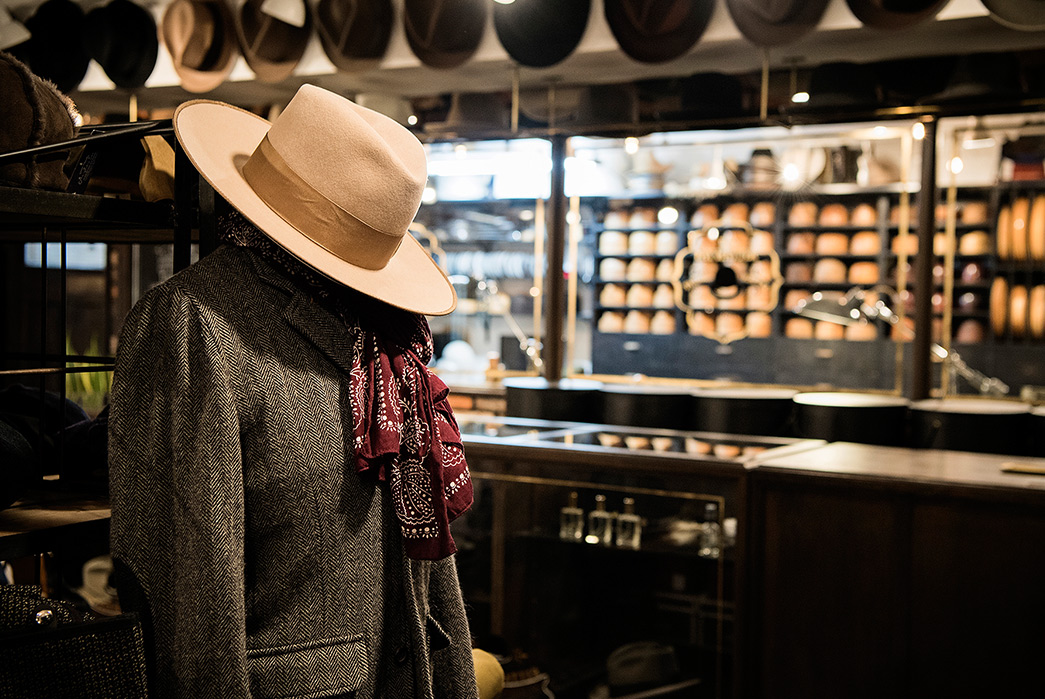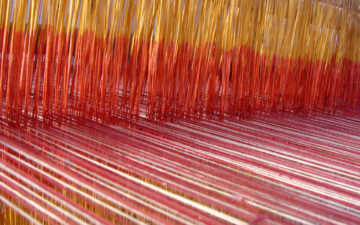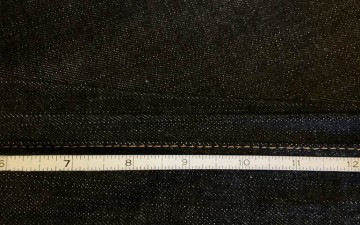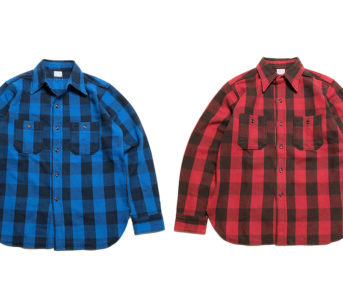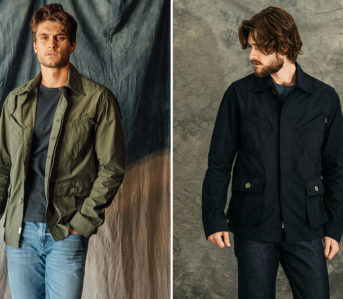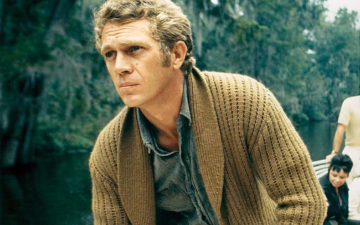Japanese makers have a way of taking a Western archetype, extracting the best parts of its form and story, and creating a new, exciting product whilst still respecting its history. That’s pretty much how most modern raw denim jeans became the product they are today — early makers like Big John and members of the Osaka Five took an iconic and somewhat defunct American product and reproduced it with insane levels of detail that could only be achieved by totally geeking over original articles. But at the same time, those brands created something fresh, exciting, and uniquely Japanese.
Now, the ballcap is an American classic. Conceived in the early days of baseball, it transcended the sport to become a staple for those outside the ballpark. However, just like with raw denim, many Japanese makers have taken the ballcap and made it their own, imbuing this American stalwart with a certain type of quality, charm, and nuance that can only be found in Japan. Japanese hatmaking doesn’t stop at ballcaps, either. Beanies, berets and flat caps, wool caps, and even formal felt hats can all be found in a scene that’s making waves in the West as well as the Far East.
In this guide, we’ll be taking a look at the Japanese hatmakers relevant to our niche, from RoToTo to POTEN, H.W. Dog & Co., and more.
POTEN
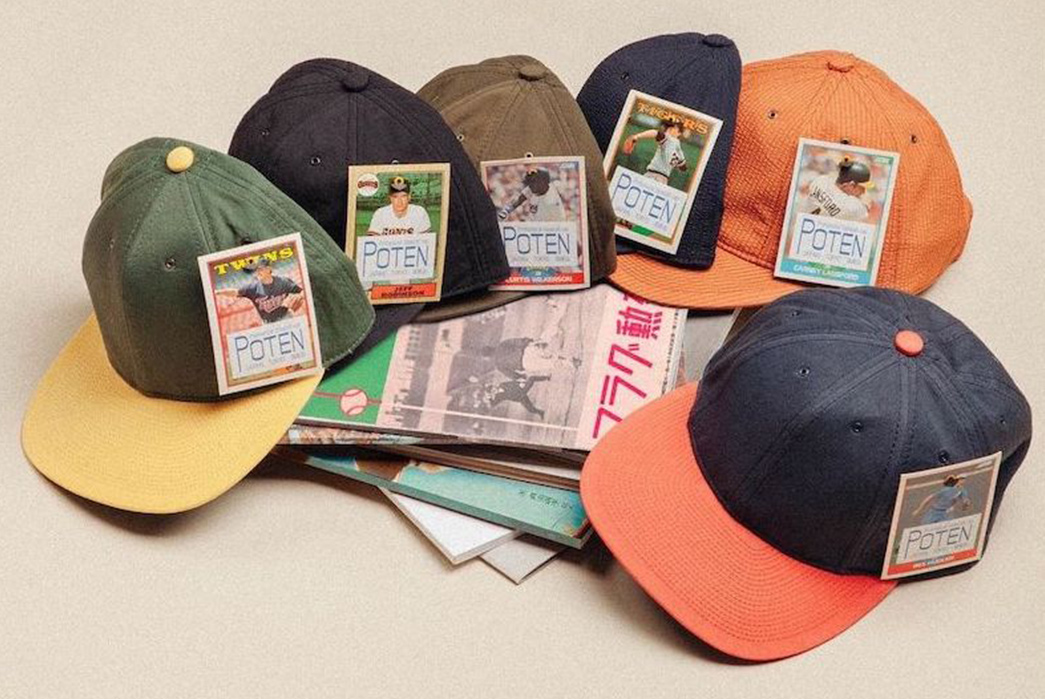
Image via Hip Store Leeds
Founded in 2014, POTEN is the brainchild of Iguchi Hironobu, a baseball fanatic and hat-making expert. Hironobu spent 10 years as a designer for a hat company, before establishing POTEN to fulfill his dream of making ballcaps for actual baseball players. Based in Tokyo, POTEN makes arguably the highest quality baseball caps in the land in Okayama prefecture, with designs informed by Hironobu’s taste for vintage American garb and historic baseball culture.
“I wanted to make real baseball caps at a factory that makes hats for professional baseball players, and I saw POTEN as a way to get started.” – Iguchi Hironobu
Each POTEN cap is handmade in Japan and comes fitted with a treated cowhide headband that softens over time, forming to the wearer’s head. The brand produces fitted caps marked with sizes XXS, XS, S, M, and so forth, but also produces adjustable caps with leather and fabric back straps. From our experience with the fitted caps, a size XS roughly equates to a New Era 7 1/4.
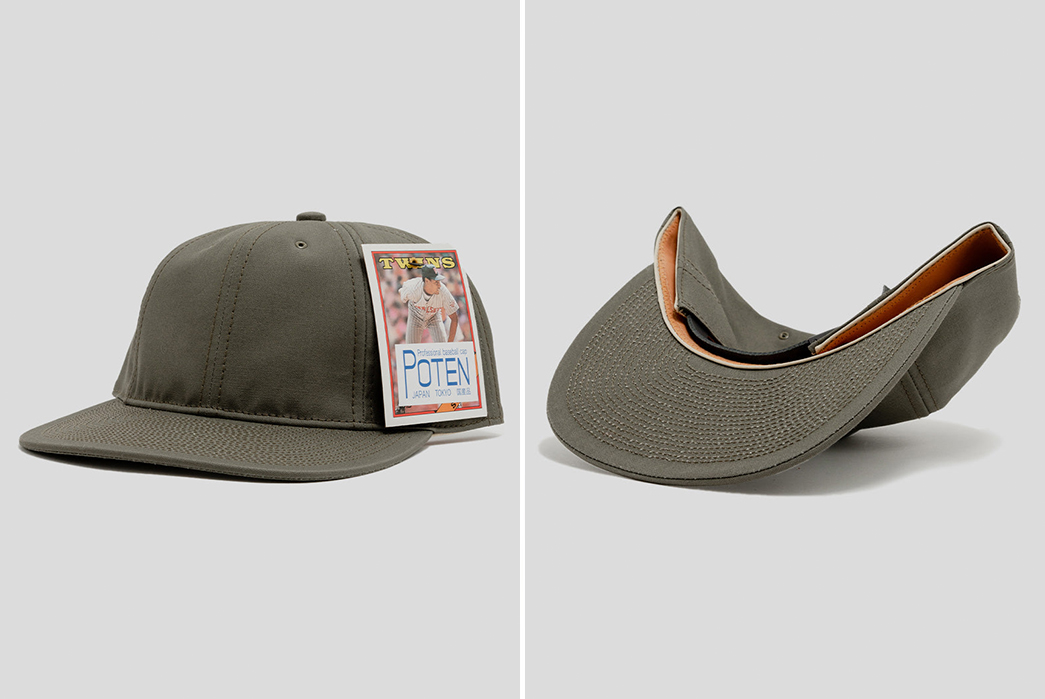
POTEN Fujikinbai Cap, Olive, available for $96 from Wallace Mercantile Shop
H.W. Dog & Co.
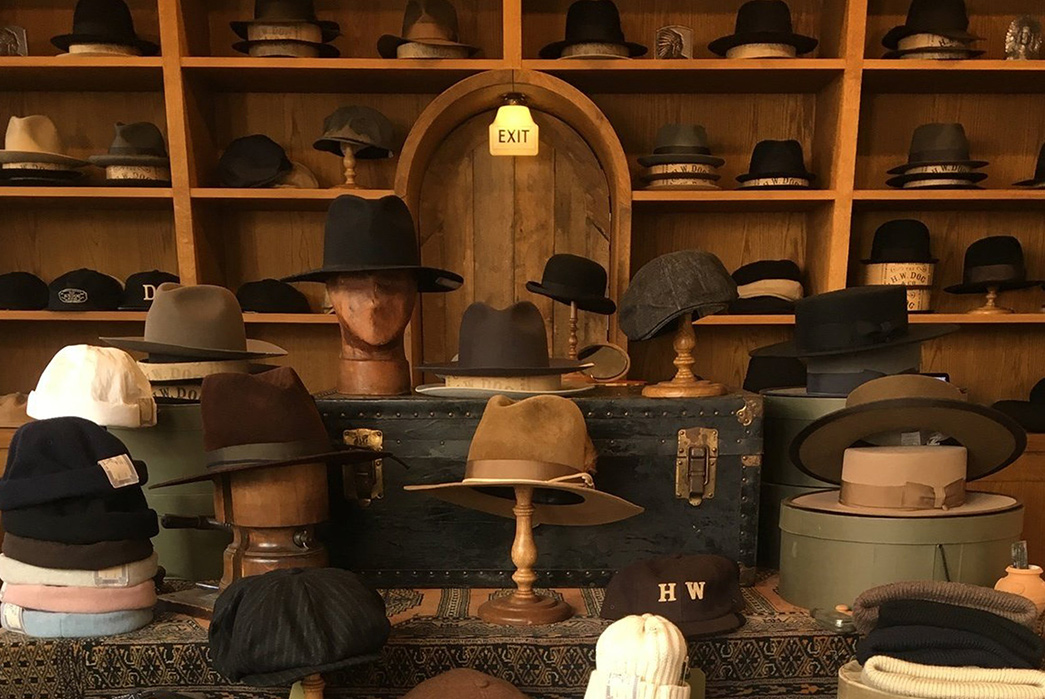
Image via H.W. Dog & Co.
Perhaps the most popular brand on this list within the heritage scene, H.W. Dog & Co. is a premium hatter based in Ometsando, Tokyo. Founded in 2015, H.W. Dog is committed to traditional hatmaking techniques and crafts hats using traditional wooden molds — some of which are original vintage examples — to create an eclectic roster of top-class headwear inspired by historic American and European workwear and military headgear from different historic eras.
The image above shows the range of silhouettes produced by the brand, but they make everything from formal felts and berets to baseball caps, buckets, and beanies — all in their Tokyo studios. Despite being so heavily influenced by eras gone by, H.W. Dog’s range of styles and fabric selections mean their hats fit into both vintage and modern aesthetics with ease.
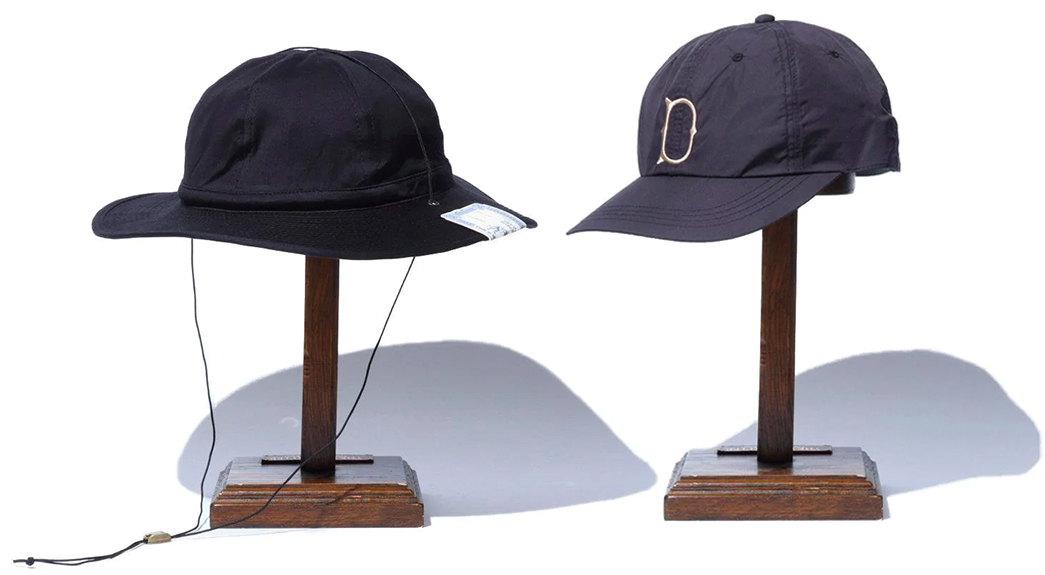
H.W. Dog Modern Fatigue Hat and D-00012 Union Cap, available for $125 and $90 respectively from Clutch Cafe
Mr. Fatman
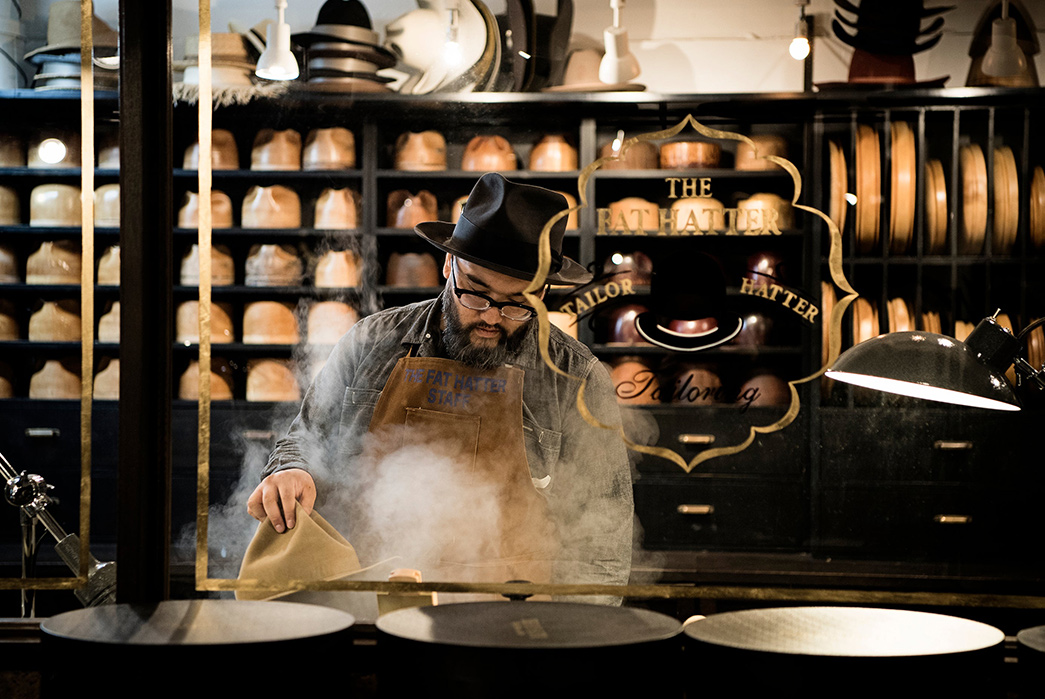
Image via The Fat Hatter
Mr. Fatman is a private label of one of Tokyo’s most prominent independent hat studios, The Fat Hatter. Established in 2016 by Akihito Kikuchi, The Fat Hatter is located on Harajuku’s iconically trendy ‘Cat Street’ and produces headwear influenced by old-world America and the early-to-mid 20th century.
When I was a clothing student, we had a class on the production of felt hats, where I was fascinated by the way felt hats are produced. I was amazed at the way the seamless felt was formed using only steam and an iron. I found hats making is interesting because you can make felt hats using a sewing machine only, and while I was still at school I made handmade hats and gradually started selling them on the street and at the market. I have no experience of being taught to make felt hats or hats. I am self-taught, and I learned by trying and making mistakes. – Akihito Kikuchi, speaking to Heddels
Mr. Fatman, in particular, is influenced by Vintage Stetson hats produced between 1930 and 1950, which is evident in its range of fully-brimmed, traditional hats and open-crowned felts. That’s not all that’s on offer, though. Mr. Fatman produces a wide range of hats and caps, each influenced by Kikuchi’s fascination with workwear, military, garage culture, and old American films like Casablanca and Butch Cassidy & The Sundance Kid.
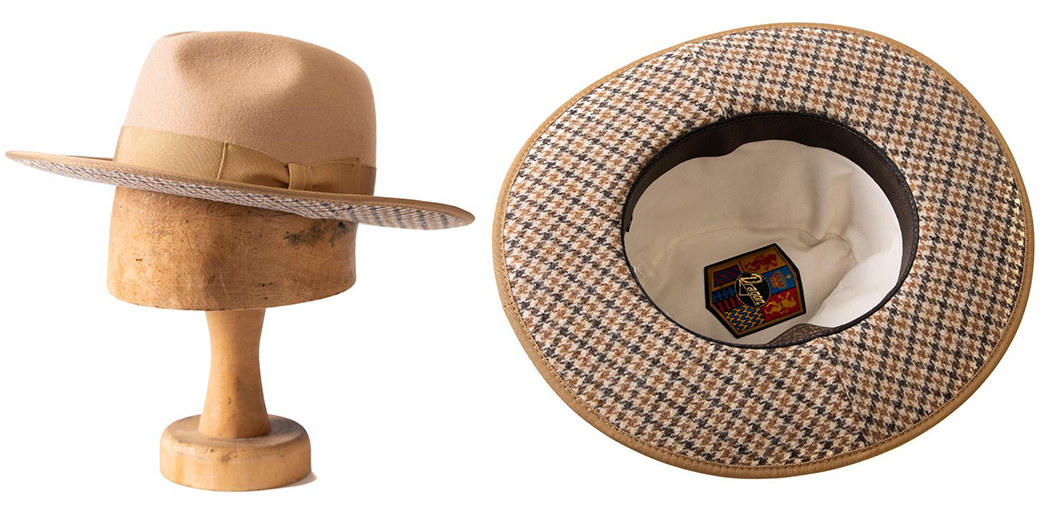
Mr. Fatman MFM Wool Hat Beige & Gun Club Check, $225 from Clutch Cafe
Mighty Shine
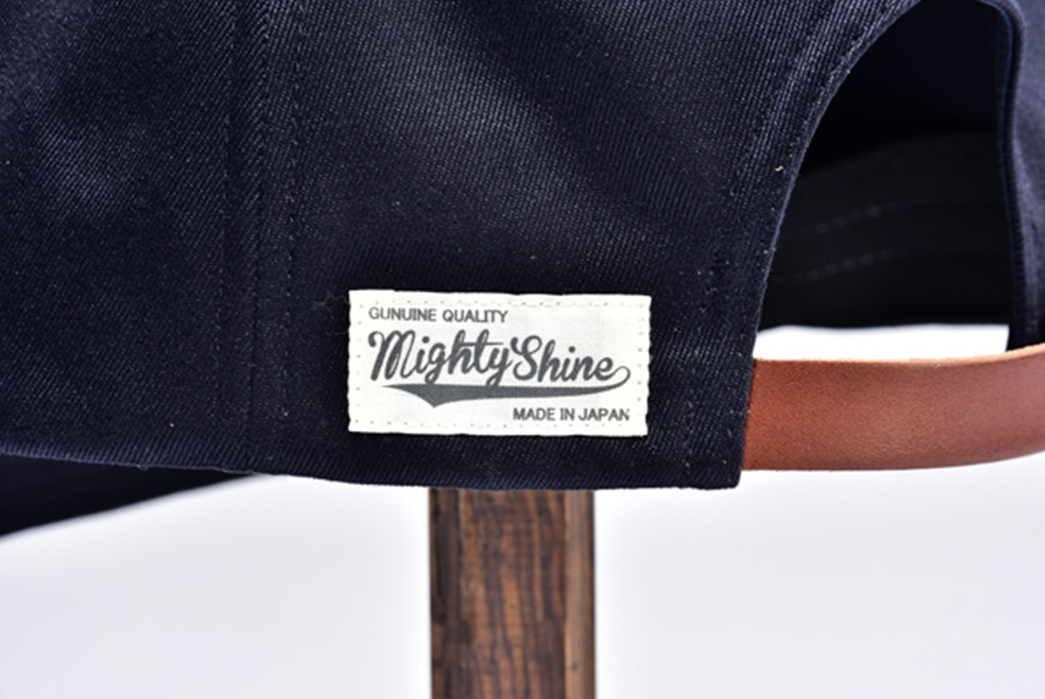
Image via Lightning Clutch
Mighty Shine is another label under The Fat Hatter, which produces a slightly more contemporary range of hats and caps whilst still staying true to Kikuchi’s vintage inspirations.
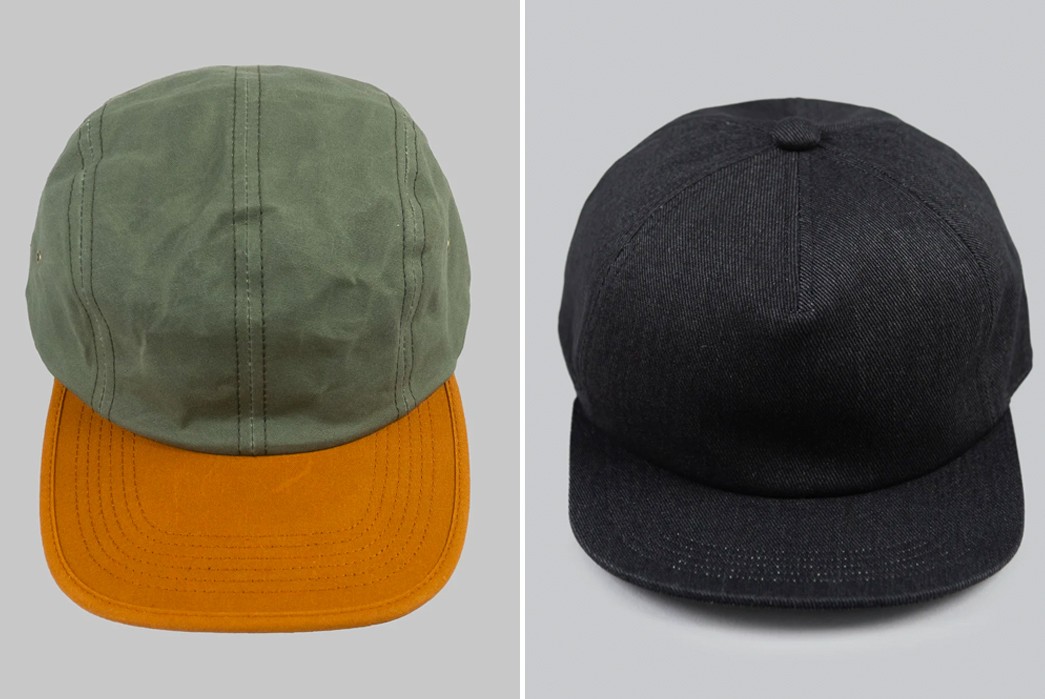
Available for $90 and $72 respectively from Redcast Heritage.
cableami
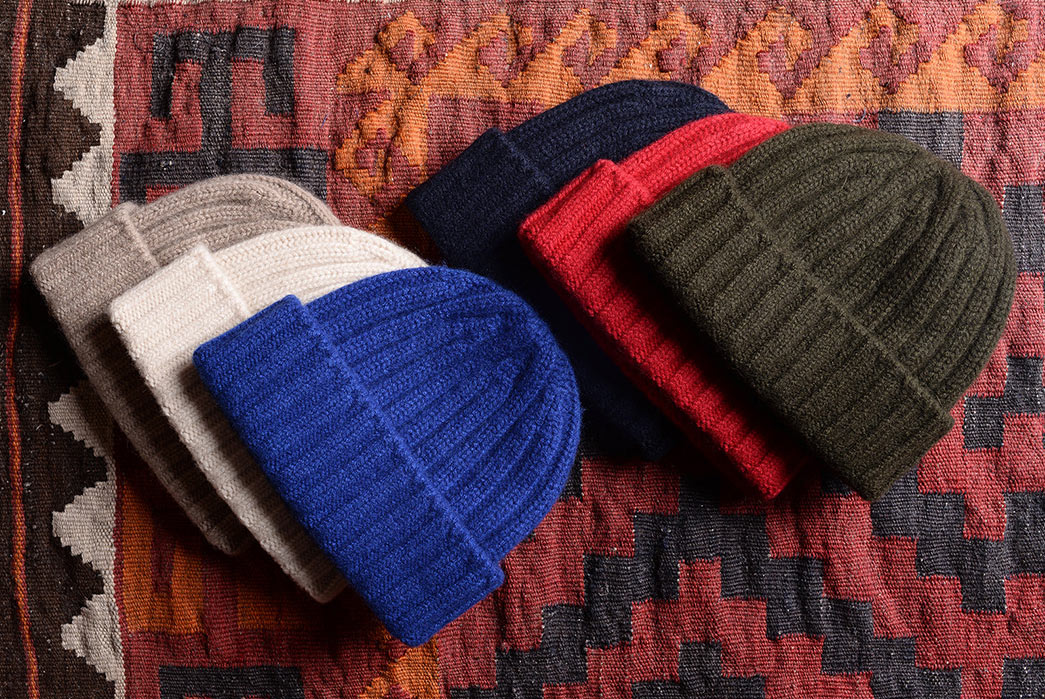
Image via Brooklyn Tailors
Based in Kobe, cableami was founded by Shuji Sadamori and Tomoka Sadamori in 2008. Both Shuji and Tomoka worked for a hat company named “Cable”, which closed down in the mid-2000s. With decades of experience in the hat-making industry, shuji and Tomoka resurrected the company in 2008 under the new name, cableami, to continue making hats, but with their own creative direction.
Sometimes styled Cábleami, the brand name is a mix of the word ‘cable’ from the term ‘cable knitting’, and the word ‘ami‘, which has two meanings — “knit” in Japanese, and “friend” in French. This name reflects cableami’s philosophy of “creating hats that will be cherished as if they are friends”.
Cableami makes a wide range of hats, from boater and pork pie hats to knitted beanies and ballcaps, all of which are built in Japan to exacting standards. This range of top-quality headwear unifies Shuji and Tomoka’s taste for American and European vintage workwear and sporting products, as well as military wear from numerous countries. Cableami puts these inspirations through its own filter to construct products that are unique, nuanced, and applicable to the modern wardrobe.
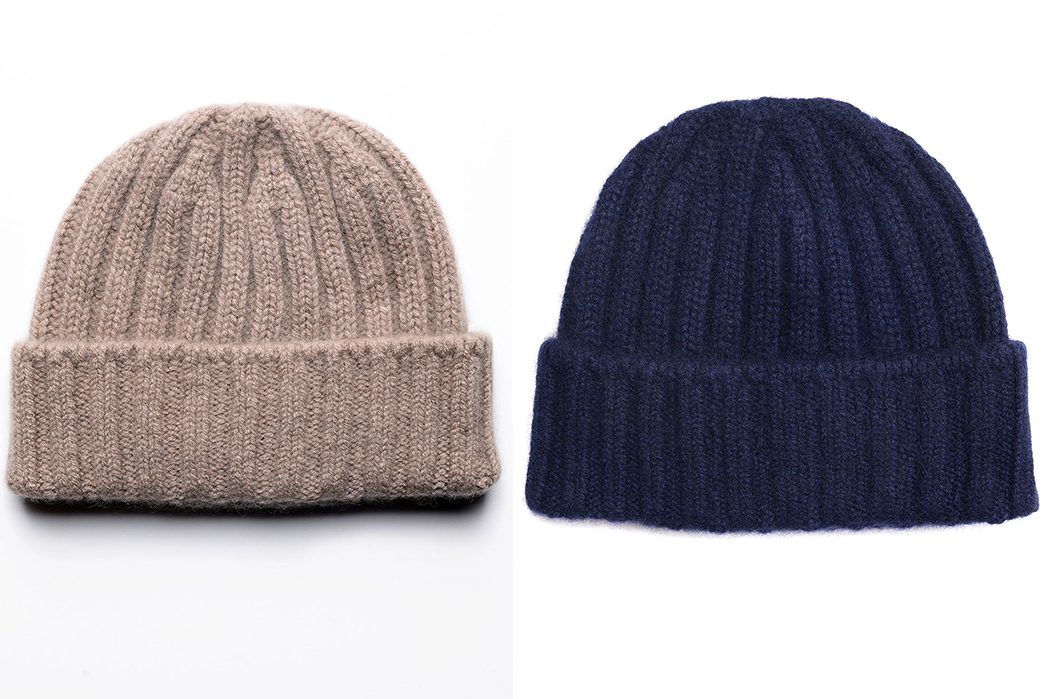
Cableami cashmere beanie, available for $130 from Brooklyn Tailors
The Factory Made
The Factory Made was established in 2017 by Hiroaki Terauchi. A senior employee of Stetson‘s Japanese division for over ten years, Terauchi noticed that there were no quality hatmakers in Japan who made products geared toward the raw denim scene and founded the Factory Made to channel his Japanese denim, American vintage, and French workwear inspirations.
Everything from design, fabric production and pattern-cutting, to sewing, happens in holistically in Japan. As well as Americana and militaria, and workwear, Terauchi draws inspiration from everyday happenings — the outdoors, walking in the street, and spending time with his family.
The Factory Made specializes in denim, boro, sashiko, and other indigo fabrics, but has also experimented with corduroy, herringbone twill, and even upcycled Barbour jackets.
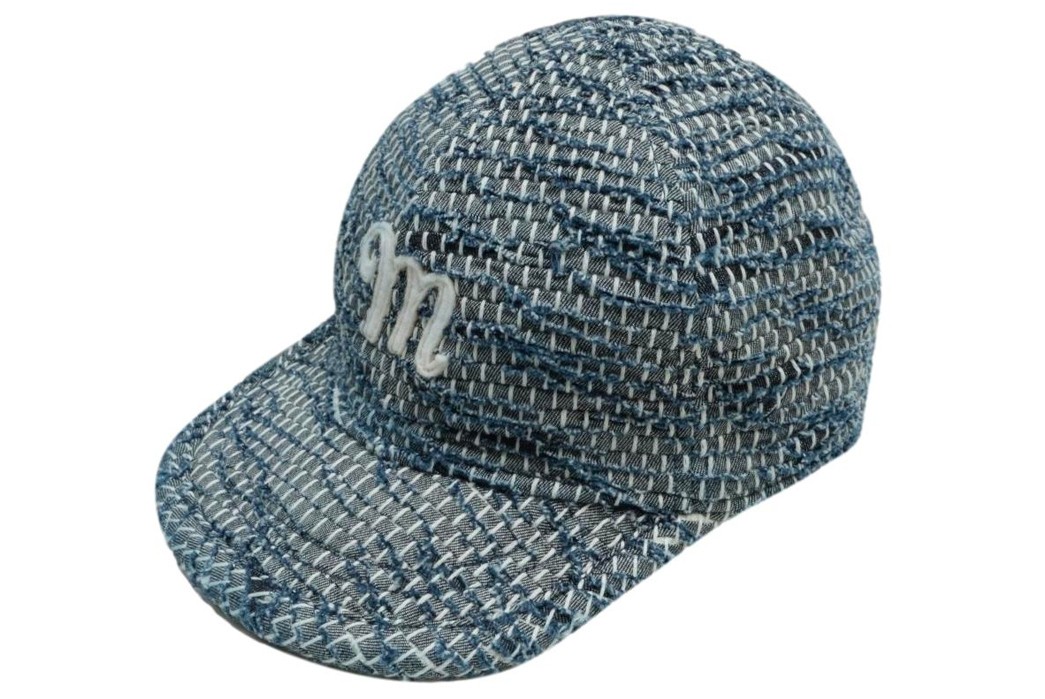
Available for $130 from Okayama Denim.
RoToTo
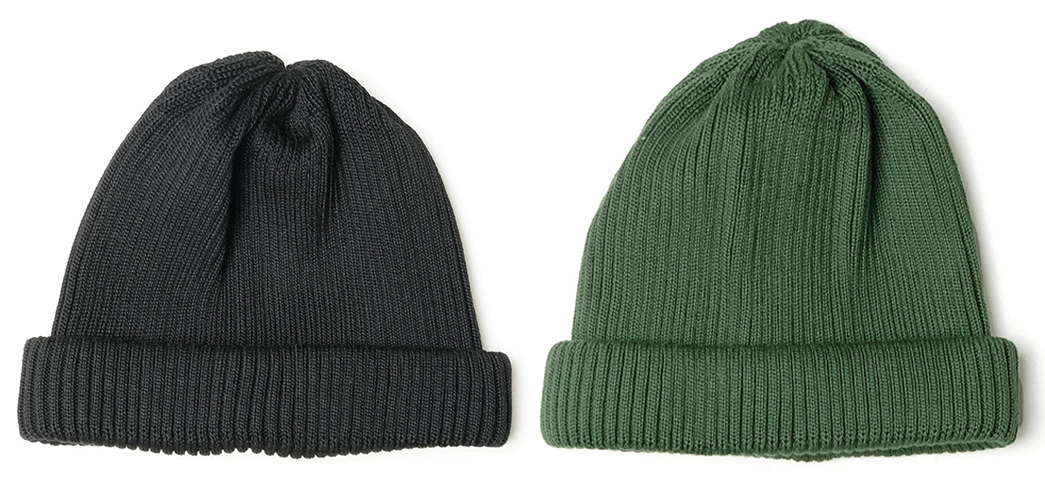
RoToTo Roll Up Beanie, available for $56 from Iron Shop Provisions.
You’ll know RoToTo for its socks, but the brand also makes high-quality knitted caps as part of its Japan-made offering. All of RoToTo’s products are manufactured by skilled local craftspeople in Hiroyu, Japan, with each article designed around a “lifelong consumables” philosophy. The brand utilizes vintage American knitting machines and modern technology to create fantastic contemporary products with a vintage look and feel.
Whilst RoToTo does make a knitted 6-panel ballcap, it is beanies and knitted hats that the Japanese label is known for when it comes to headwear. The Roll Up Beanie is a mainstay of its yearly collections, made from high-quality 100% cotton with no set roll-up for a fully customizable fit.
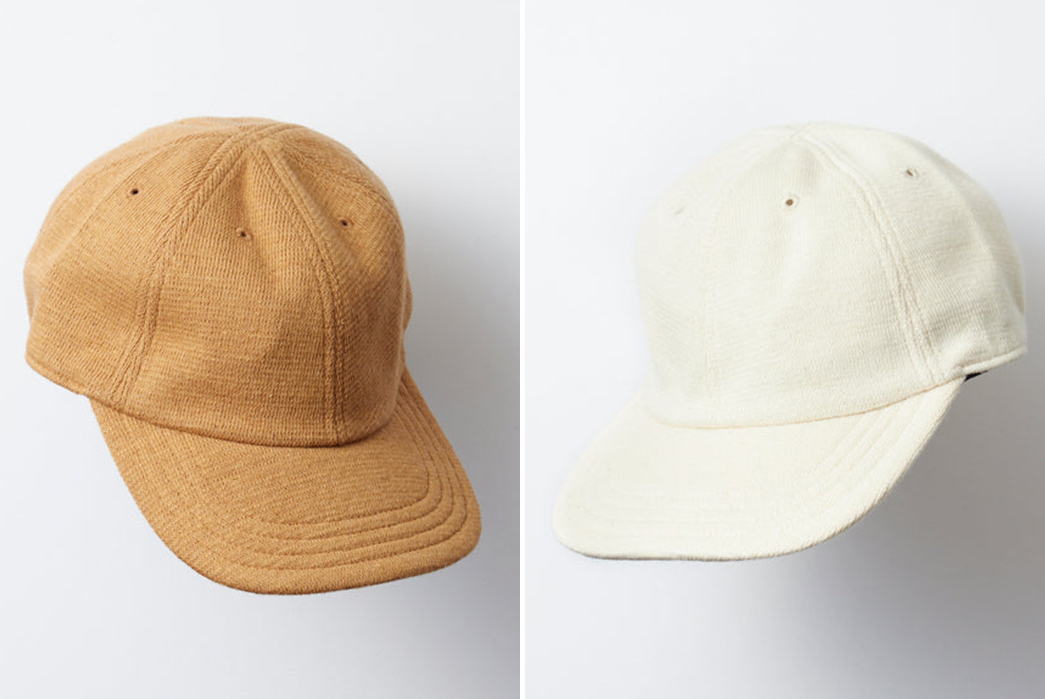
RoToTo OG 6 Panel Knitted Cap, ¥7,590 (~$53USD) at RoToTo

